Policing in the time of Corona
Dr Sipoy Sarveswar teaches Anthropology at University of Hyderabad. He writes on political and cultural issues in South Asia.
As a measure to curtail the spread of Coronavirus, world nations imposed lock downs. The videos surfaced from Italy shows us how the cities’ mayors expressed their anguish on people who fail to stay indoors and violated the lockdown measures risking the spread of the Coronavirus. The mayors had engaged in civil discussions and threatened to send police with fire throwers. Philippines President said those who violate the lockdown should be shot dead by the police. In India, too, numerous videos have surfaced where police were seen thrashing the people who are roaming outside during the lockdown period, quite dishearteningly the migrant workers who are in the exodus, as well as some essential service providers, were also beaten by police. This was categorized as just another example of police violence. In this connection, people have divided into two camps, those who supported the crackdown of the police on the lockdown violators and those who said police had to behave more humanly and condemned the police’ brutality’ during the lockdown.
Legacy of the power vested on the police to thrash its citizens with impunity and get away with human rights violations goes back to the colonial period. The law of policing varied from one colony to the other of the British. While the subjects of Britain enjoyed the ‘Human Rights’, it was denied to the subjects of its colonies. The police can use force to suppress the revolt or make the subjects abide by the laws that are unjust in most of the cases. The colonial power needed ‘police force’ rather than police officers or guards, as they were enforcing rather than providing officering or guarding the citizens. The independent India who walked right into the shoes of our colonial masters has adopted the principles of policing along with many things, including the forest policy, tribal policy, revenue, law, and parliamentary system, and so on. Our rulers and the police forgot that they are not anymore curbing the revolution of independence seekers but merely guarding the people and maintaining law and order.
However, what about those who violate the laws? How to make citizens abide by the laws of the state? Generally, the societies are equipped culturally to educate their next generation on the laws of the society through socialization or enculturation process. The laws of the society and laws of the state are not necessarily should go hand in hand. Traditional Indian society that is governed by a caste system most often thrives on caste and gender discrimination. The modern law of the state prevents any form of discrimination. We see people still not able to make peace with the contradictions of laws of society and laws of the state.
The laws of the state that aimed at the welfare of the people, such as asking them to wear helmet and seat belt, not asking them to drink and drive, are often meted out with punitive measures rather than educative measures. Educating the masses on the laws is a time and energy-consuming; it is easy to enforce them to accept the law. We often choose what is easy to do rather than what is correct. Police with their batons find it easy to make people stay inside during the lockdown, rather than educating them. Human rights watch in their report’ Broken System’ holds the police force accountable by saying ‘Disrepair of Police Forces and Lack of Accountability Contribute to Rights Violations.’ But, how fair is it to hold only the police accountable for their behavior?
The system/society we live in perpetuates the individuals to be violent and strongly believes punitive measures rather than educating. Most of our parents never answer children’s questions patiently; in most of the cases, they are coerced into silence and plucks out the bud of inquisitiveness and critical thinking. We tame them to accept the laws of the society rather than making them think what is humane and what is correct. Most of the teachers believe the law banning corporal punishment in schools is the reason for students not able to perform well in their exams. My mom believes my sisters are ruining their children by not adequately punishing them.
We have a craving to name everything resembling the army. Jana Sena (A political party in Telugu speaking regions); Shiva Sena (the well-known political party of Maharastra); Bheem Army (a new political party floated by Chandra Sekhar Azad); Bharat Army (I mean why does cricket fans have to form an association and call it army) most of the local group formations and their names reflect the rhetoric of war and army. Not long before, most of the media houses are propelling the idea of warmongering on Pakistan, without ever imagining the consequences of war on our country. We need leaders who exhibit masculinity and say things like ‘ghar mein ghus ke marenge.‘
Our religions and political scenario thrives upon the imagined threat/enemy and call for the unity of one religious group over the other. Not until recently, the ‘angry Hanuman’ stickers are getting popular; I have not seen or imagined hanuman being angry. Not long before the lockdown, we appreciated and celebrated the police action of extrajudicial killings of the accused in Disha’s case as instant justice. The crime rate in the country is rising; suicides are rising; crimes against women are rising; the percentage of parliamentarians with crime rate is growing; in the period of lockdown domestic violence cases are in the rise; communal riots are in the rise; violence against Dalits and other marginalized sections are rising, and we advocate ourselves as a peace-loving society.
The police, being the essential service providers, are trying to do their best within their limitations. Their meager salaries; highly shrunk police to population proportion; the general ungratefulness associated with their profession; long working hours; the requirement to stay away from families; enforced disciplinary hierarchy within the ranks; chances of losing their lives in the line of duty and lack of autonomy to deliver their responsibilities should be taken into consideration before judging them harshly. Yes, it is undeniable that the government uses the police as a Repressive State Apparatus (as Louis Althusser would have called it). Nevertheless, it would be the epitome of hypocrisy and a symbol of escapism to hold only police accountable for their behavior. They are merely acting in line with the system’s requirements.
If one wants human rights to prevail in India, police brutalities to reduce; police to treat us as fellow humans rather than with the suspicion of being culprits, we need to aim and fight for the change in the whole system. People’s worldviews, our approach to child-rearing, our education system, our politics, our judiciary, our understanding of the laws of the state, our media, and most of all, and the police on whom the burden of the responsibility is vested as of now should change. Without advocating for the structural reforms, expecting the police department to change would be like expecting your heart to perform well when other body parts rotten.
Featured Image Credits: Sciencemag


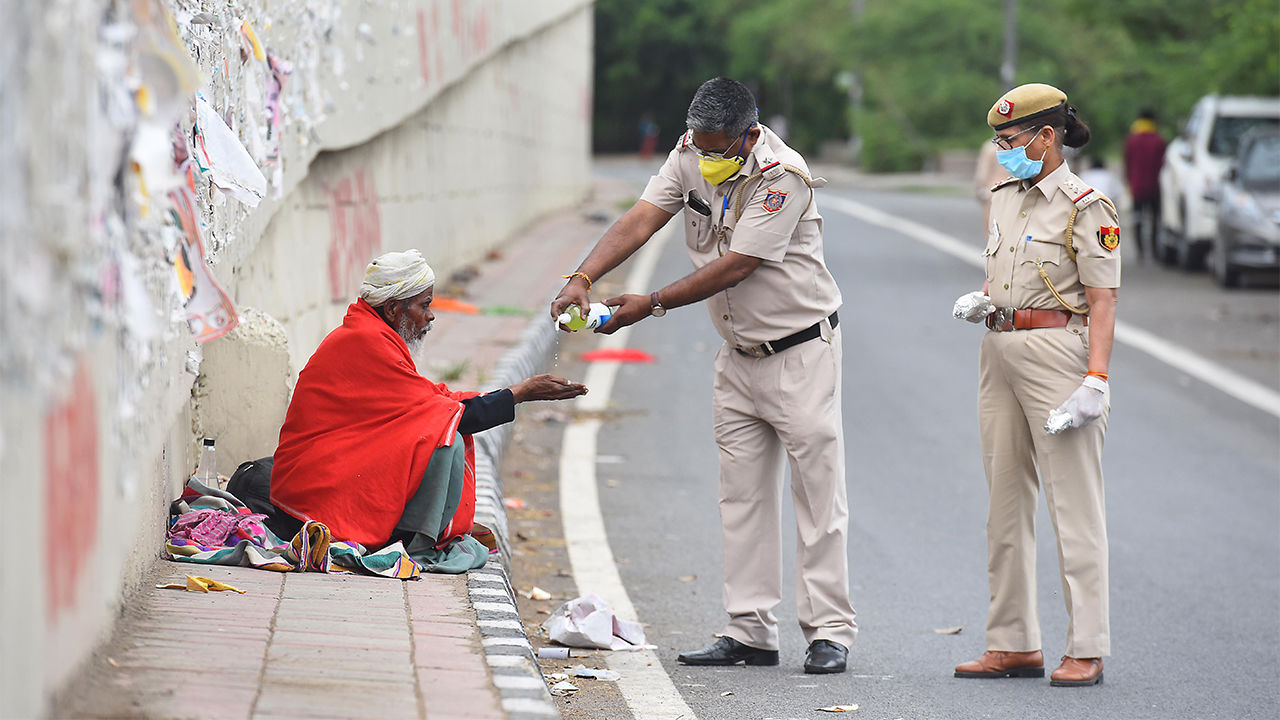
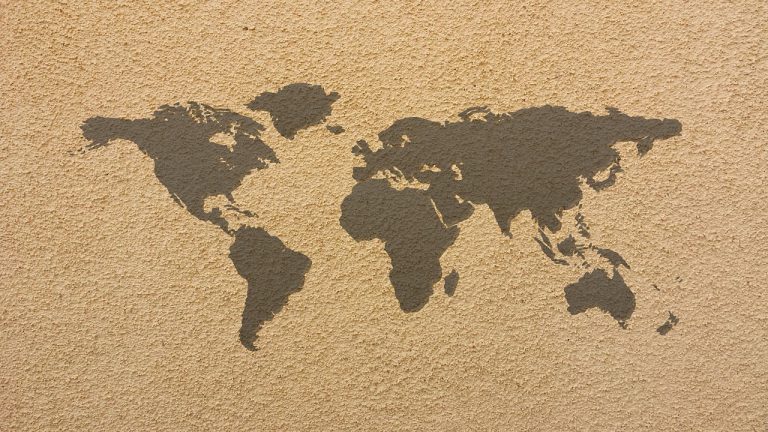
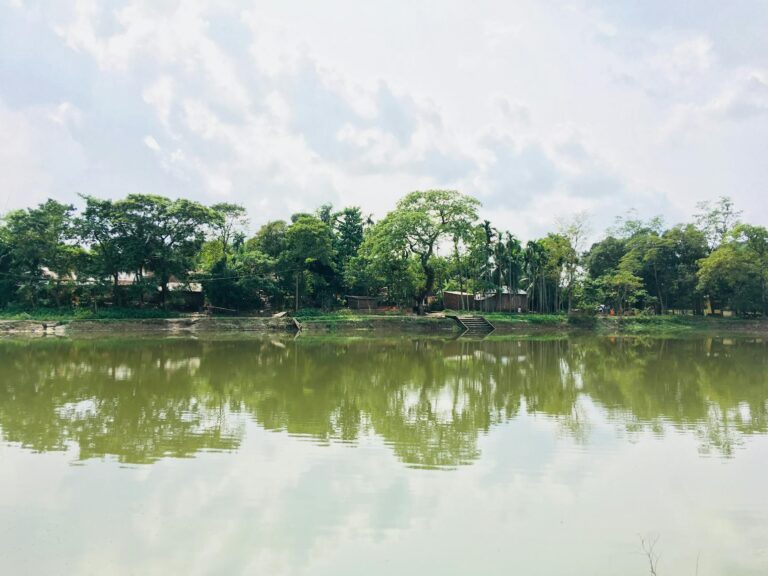
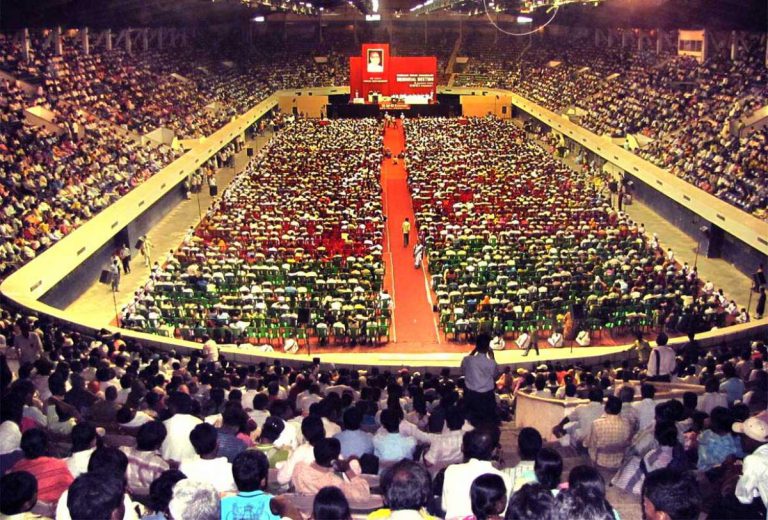
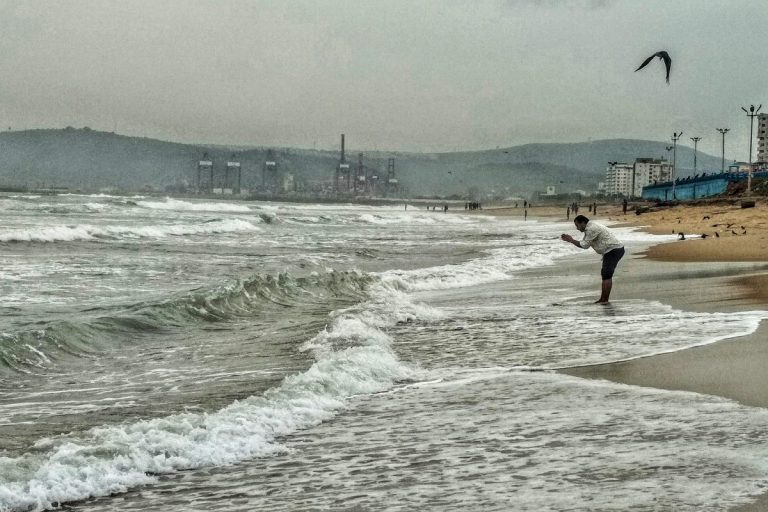
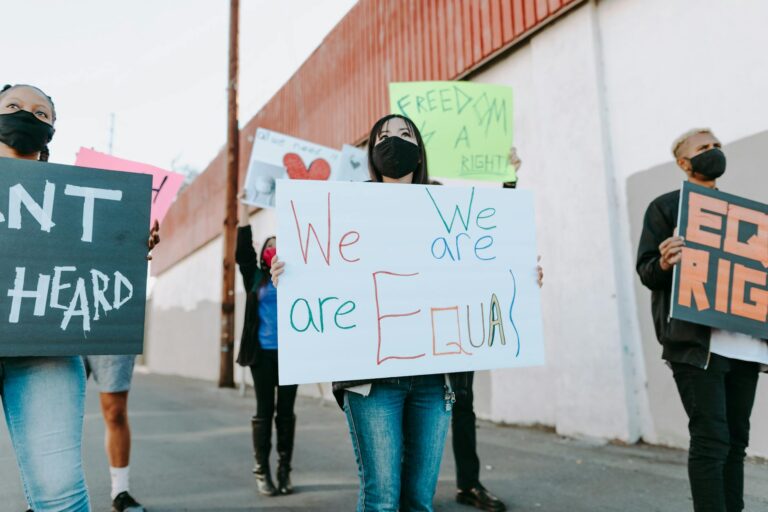
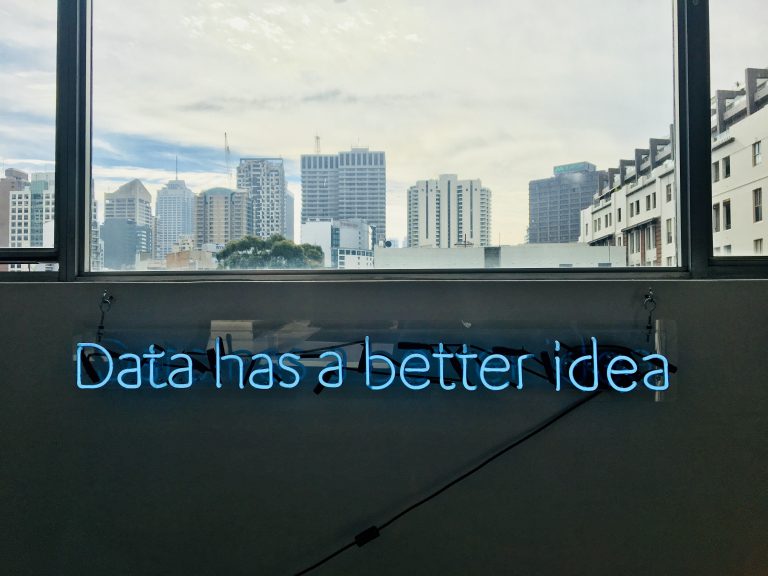
Readers' Reviews (2 replies)